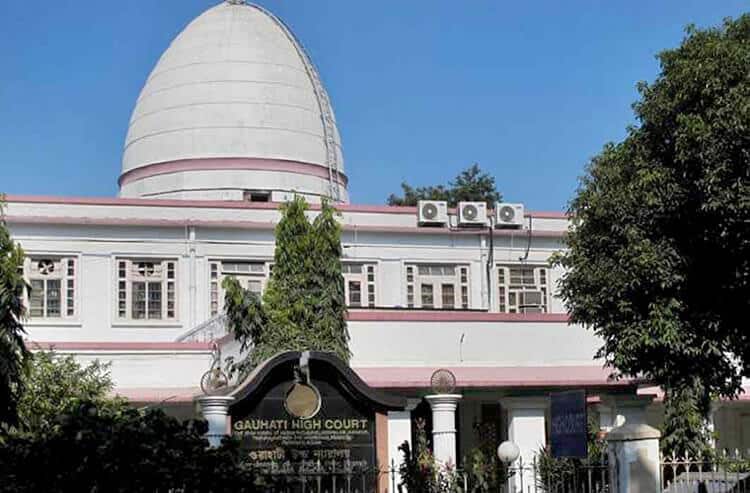The Delhi High Court recently upheld the conviction of an accused under the Protection of Children from Sexual Offences Act (POCSO Act), brushing aside the testimony of the father of the daughter that she was a 16-years-old at the time of the offence [Mohd. Afsar v The State].
Justice Mukta Gupta held that the father’s testimony was based on his memory and rough estimation and cannot be used to rebut documentary evidence like records of school first attended by the girl that clearly showed her to be a minor and a student of class VIII at the time of the incident.
The Court was dealing with an appeal filed by one Mohammed Afsar challenging his conviction dated January 15, 2020 under Section 376 of the Indian Penal Code (IPC) read with Section 4 of the POCSO Act.
The allegation went that in May 2013, Afsar had abducted the girl while she was going to her school, forcefully married her and then raped her. A missing person’s report was filed by the girl’s father at the local police station and at the time of filing this report, he claimed that his daughter was 16-year-old.
As the police recovered the girl a medical test was done and she was found to be pregnant after which provisions of rape under the Indian Penal Code and POCSO were added to the FIR.
Afsar’s counsel argued that according to prosecutrix’s own father, she was 16-year-old at the time of the incident and therefore appellant is covered under the exception in Section 375 of Indian Penal Code which says a man cannot be punished for establishing sexual relations with his wife given that she was not below 15 years of age.
He further submitted that the girl’s father had got married in 1987 and according to him he had his first child two years after marriage and after that there was a gap of about two to two-and-half years between each child. Since she was the third child and born around 1993, she would have been 20 years old at the time of the incident.
The counsel said that even after taking into account the fact one of the siblings of the prosecutrix had died in the meantime and he was older to her, she would still be over 16 years of age in May 2013.
The Court however said that under Rule 12(3) of the JJ Rules, the first priority has to be given to the Matriculation or equivalent certificate and in absence of that, the date of birth certificate from the school first attended.
In the present case, the school records stated that the girl was born on 10th January 2001, the Court noted.
“Thus, even if she had attended any play school or a Madarsa at the village, the same was irrelevant, for the reason, the school first attended other than the play school was the one where the prosecutrix was admitted in the 1st standard and her date of birth was mentioned as 10th January 2001. As per the record, prosecutrix further left the school on 1st May 2013 while studying in 8th standard. Thus, she had no matriculation certificate. Therefore, as per the date of birth recorded in the school first attended, the prosecutrix was a child in terms of Section 2(1)(d) of the POCSO Act as she was below the age of 18 years,” Justice Gupta held.
The Court has said that the father’s version deserved to be ignored since those were rough estimates based on memory and that even he accepted that he cannot tell the exact difference of age between his daughters.
The Court further noted that even though the father had claimed that the child who died was his third, the prosecutrix had claimed that the dead child was the youngest son in the family who was born in Delhi.
“…this is all rough estimation based on his memory and he categorically stated that he could not tell the exact difference of age between his other daughters and the prosecutrix and the age difference between the prosecutrix and the youngest child. The testimony of this witness cannot be used to rebut the documentary evidence giving the age of the prosecutrix who got admitted in the school in the year 2001 in Delhi at the school first attended,” the bench noted.
The Court also rejected the appellant’s argument that there were contradictions in the testimonies of several other witnesses regarding recovery of prosecutrix.
It concluded that the prosecution had proved “beyond reasonable doubt” that the victim was a ‘child’ at the time of the incident who was forcibly taken away from her parents and offence of sexual intercourse was committed on her repeatedly.
The appeal was, therefore, dismissed.
Advocate Sunita Arora appeared for the appellant while the State was represented by APP Ravi Nayak.
Read Judgment here:
Source Link



